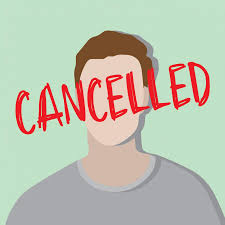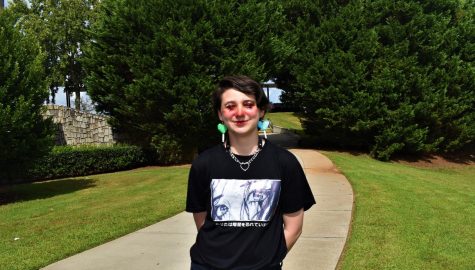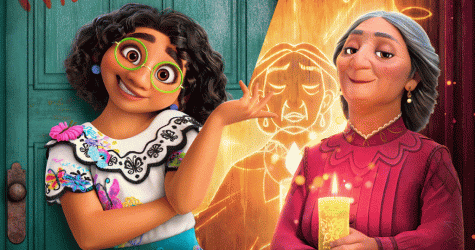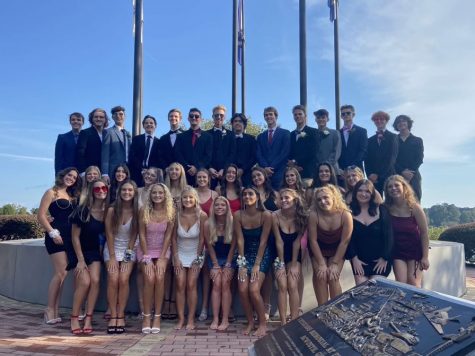Modern day rejection

People might often find themselves scrolling through TikTok, swiping from video to video only to discover that their favorite creator has been canceled. Over the past year, cancel culture, the act of attempting to ruin one’s career due to his or her actions, has spread drastically throughout the COVID-19 pandemic because global screen time has increased. Some see this as a way to call out toxic behavior while others think it is going too far.
Cancel culture is a modern form of ostracism. It has become a controversial topic on social media, as many of people’s favorite influencers and celebrities are being called out for doing something deemed offensive or inappropriate that happened recently and long ago. YouTuber James Charles is a prime example due to his past inappropriate actions with minors.
“I think that cancel culture can be toxic at times because people will cancel celebrities for minor things, but I feel like James Charles definitely deserves to be cancelled, and probably arrested, because he was doing something that was actually illegal,” Jhene Sturdivant, junior, said.
Several celebrities have been recently cancelled, including actor Chris Pratt for his participation in an anti LGBTQ+ church, dance instructor Abby Lee Miller for her racist comments, and YouTuber David Dobrik for bullying and sexual misconduct against his fellow vloggers.
“Cancel culture can be good, but in the end, it only helps the negative people by giving Gen Z’ers clout which hurts the influencers who did nothing to deserve it,” Joe Miller, sophomore, said.
Many argue that cancel culture is a result of Generation Z being too sensitive, referring to them as “snowflakes” who are too soft, and not able to take a joke. Others think that it is a positive movement due to it limiting the negative influencers on social media and making it safer for future generations.
“I personally do not not think Gen Z is too sensitive. I think it is refreshing that as a society, we are becoming aware of large social issues that are affecting wide ranges of people,” Dylan Parker, freshman, said.
Although many think cancel culture has gone too far, others see the central idea of the movement to be kind-hearted. However not all believe this, but cancel culture continues to spread as the generations age and more individuals are exposed to social media.

Hello! Howdy-do! My name is Mia Jacobs and I am one of your Co Editor-in-Chiefs this school year! I am super excited for the year and what is to come....





